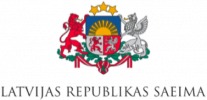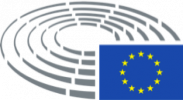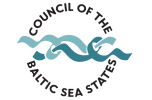On 7-8 April 2022, the Baltic parliamentarians met in Tallinn to discuss the environmental challenges in the Baltic region, including the vision for zero carbon emissions and the long-term cooperation strategy, the joint recycling projects to speed up reaching climate neutrality, as well as the implementation of the recommendations of the Baltic Assembly regarding the London Protocol to the Convention on the Prevention of Marine Pollution by Dumping of Wastes and Other Matter and “waste tourism”.
"Today we will focus on a crisis that has been on our agenda for years now – and it is the climate crisis. We feel the climate change every day, and we need to continue our work to make the Baltic States greener but at the same time economically strong and competitive," highlighted Chair of the Natural Resources and Environment Committee of the Baltic Assembly Ilze Indriksone.
The vision for zero carbon emissions in the Baltic region
During the first session of the meeting of the Natural Resources and Environment Committee, the Baltic parliamentarians, government representatives and experts discussed how the Baltic States can jointly address the climate crisis and achieve climate neutrality by 2050. "We all know very well that the European Union aims to be climate-neutral by 2050, and the Baltic States are also committed to this goal. To achieve it, all economic sectors will play a role – from the power sector to industry, mobility, buildings, agriculture and forestry," said Ilze Indriksone.
During the meeting, the government representatives introduced their ambitious plans on how to achieve climate neutrality by 2050. During the discussions, Deputy Head of Sustainable Energy Policy Department at the Ministry of Economics of Latvia Andrejs Apaņuks highlighted various areas where the Baltic States would gain from greater cooperation, for example, biomethane production and market development, coordination of biofuel requirements, road tolls, cooperation on national EV charging networks and on agricultural and forestry sectors. Advisor at the Climate Department at the Ministry of Environment of Estonia Laura Remmelgas added that it is important to strengthen cooperation in all aspects important for moving towards climate neutrality targets. Head of the Climate Policy Group at the Ministry of Environment of Lithuania Judita Liukaitytė-Kukienė concluded that it is needed to find a way to talk with the public, other countries and to find the best solutions.
An example of a best practice was shared by the International Relations Manager of the “Green Tiger” (“Rohetiiger”) Helen Aavisto, who informed about “Green Tiger” – a multidisciplinary cooperation platform with the purpose to create a balanced economic model for Estonia and the world by working together with entrepreneurs, individuals, the public sector and the voluntary sector. They are also working towards creating and implementing environmentally friendly practices in all sectors.
Joint recycling projects to speed up reaching climate neutrality in the Baltic States
During the second session of the meeting, the participants discussed the prospects for joint recycling projects. Chair of the Committee Ilze Indriksone said that joint recycling projects in the Baltic States are important to the development and sustainability of the Baltic region. “Increasing the recycling capacities in the Baltic States could have a significant impact on achieving more ambitious targets in recycling,” she added.
During the meeting, the parliamentarians heard about several joint projects of the Baltic States regarding climate neutrality; however, it became clear that the Baltic States should expand their cooperation in recycling, especially in such areas as joint deposit system, raising public awareness, recycling textiles, eco-design, circular economy and others.
Deputy Director of the Environmental Protection Department at the Ministry of Environmental Protection and Regional Development of Latvia Kristīne Kazerovska informed that there is potential for cooperation initiated by the results of the EU LIFE programme. Advisor at the Environmental Management Department at the Ministry of Environment of Estonia Mihkel Krusberg informed about the mutual PACKGDEPO project with the main goal awareness raising and harmonizing packaging deposit systems. Head of the Waste Policy Group at the Ministry of Environment of Lithuania Vilma Slavinskienė concluded that the decision about the next cooperation steps should be taken after the results of the PACKGDEPO project.
Implementation of the recommendations and plans for 2022
Regarding a common approach and measures to eliminate “waste tourism”, Vice Chair of the Committee Yoko Alender informed that the problem has somewhat decreased and that there is no such massive bringing of waste by cars, but added that there is need for more cooperation between the Baltic countries to reduce illegal transport of waste. She called on the parliamentarians to rethink using the word “waste” as it can be viewed as a resource rather than something to be dumped in a landfill.
Lastly, the London Protocol to the Convention on the Prevention of Marine Pollution by Dumping of Wastes and Other Matter was discussed. It was concluded by the experts that the Baltic States all are part of HELCOM, which aims to protect the Baltic Sea from all sources of pollution from land, air, and sea. Taking into account all the ongoing activities in HELCOM, Latvia nor Lithuania is planning to join the London Protocol.
Photos
© Photos by the Riigikogu of the Republic of Estonia (Author: Erik Peinar)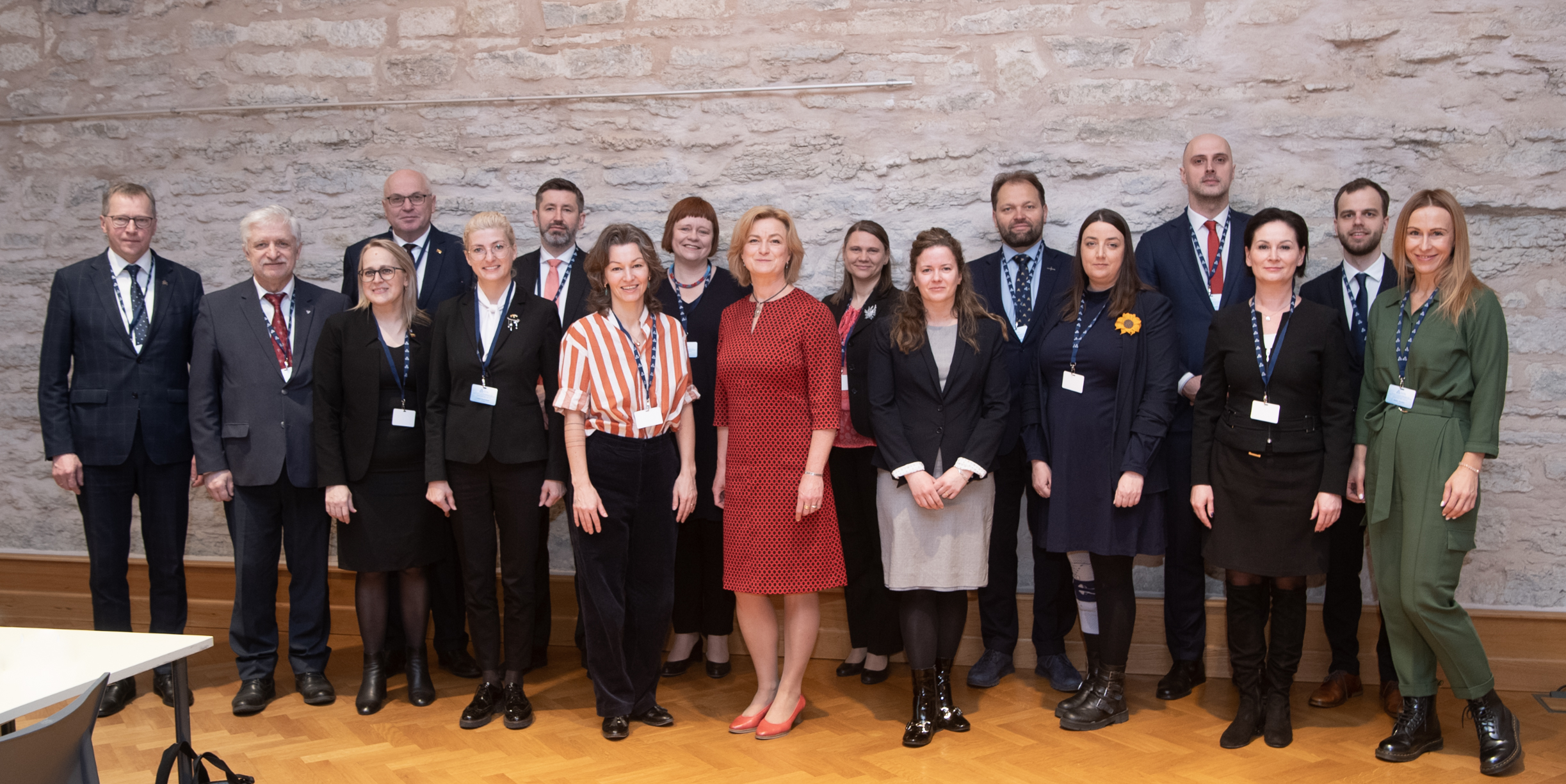
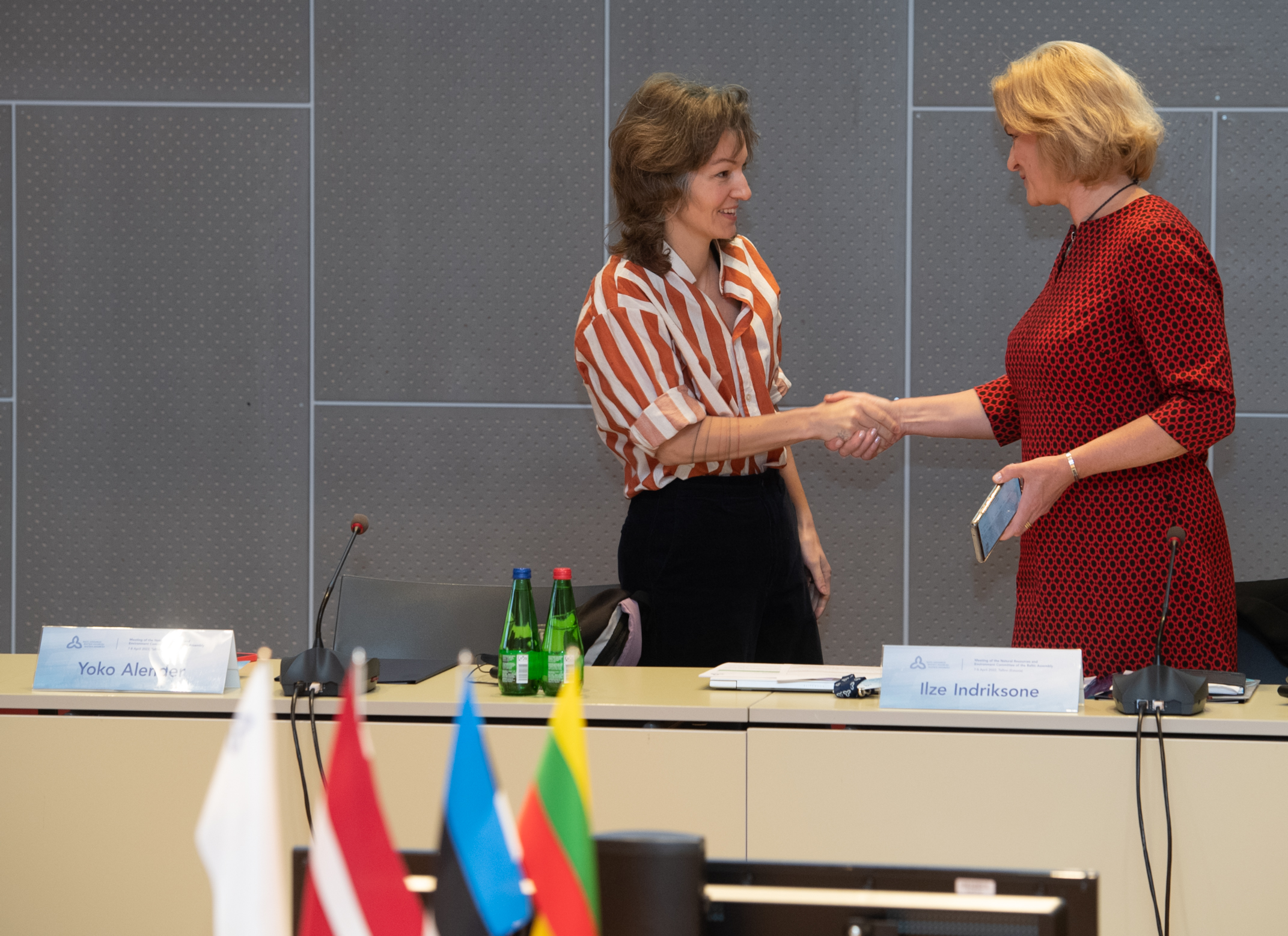
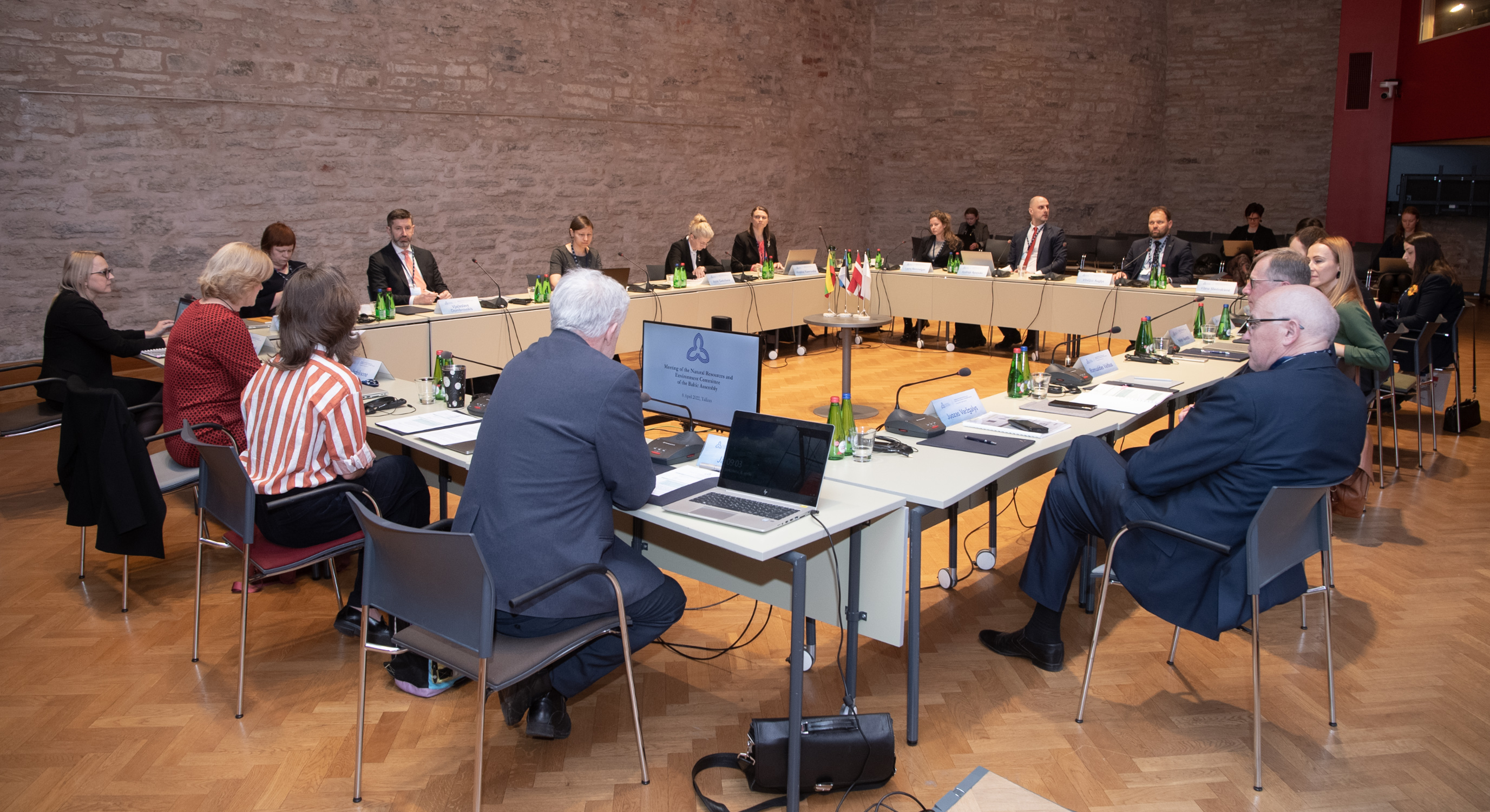
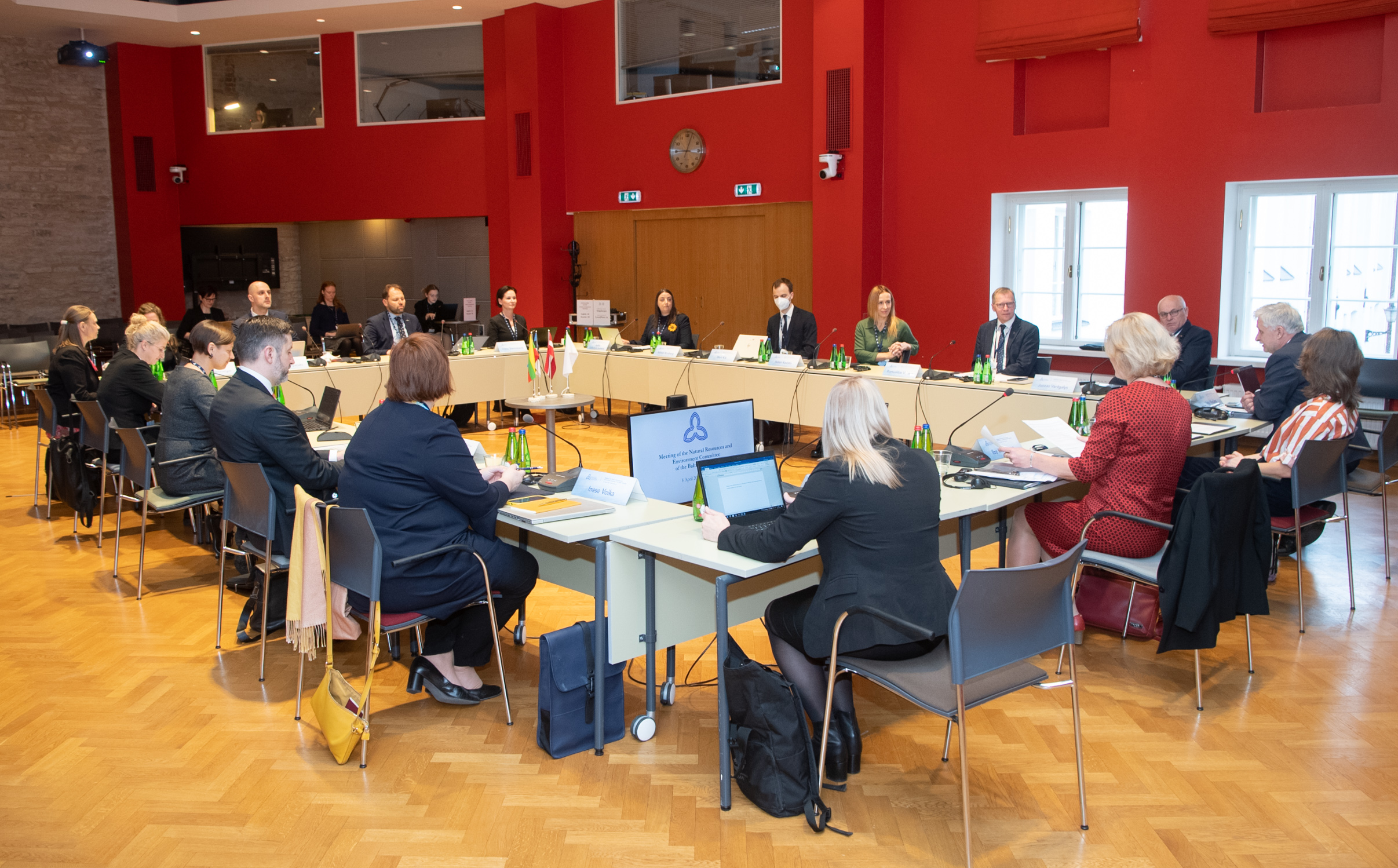
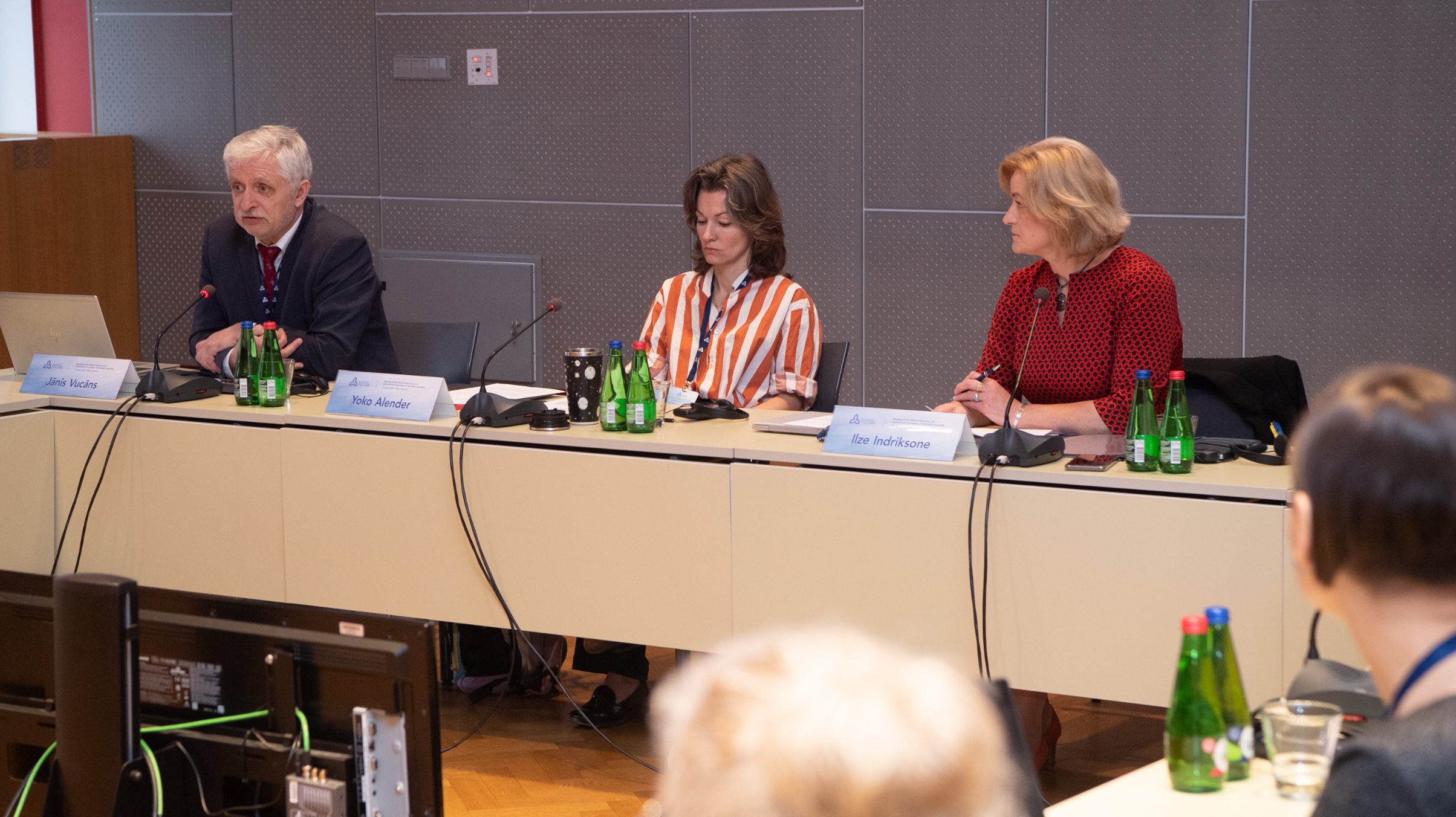
 Print
Print 

